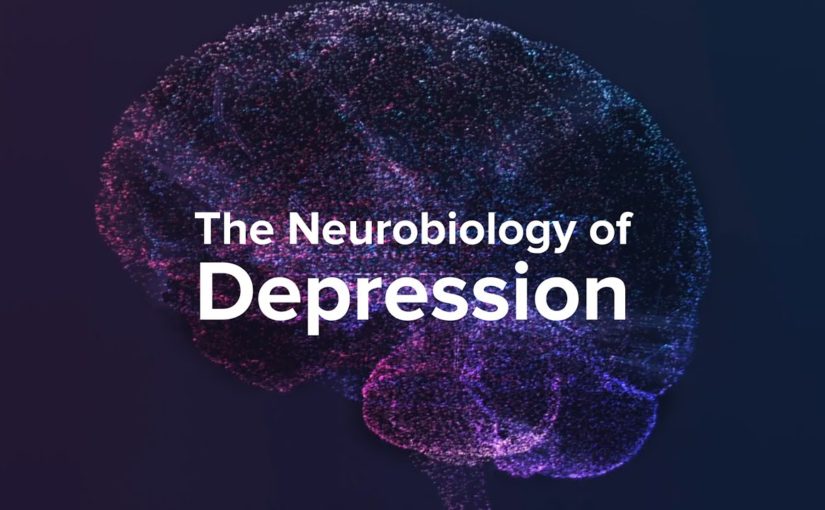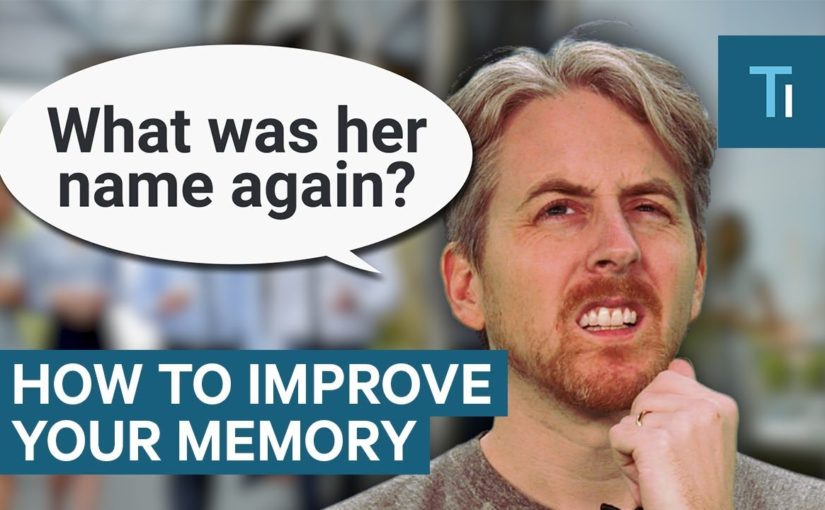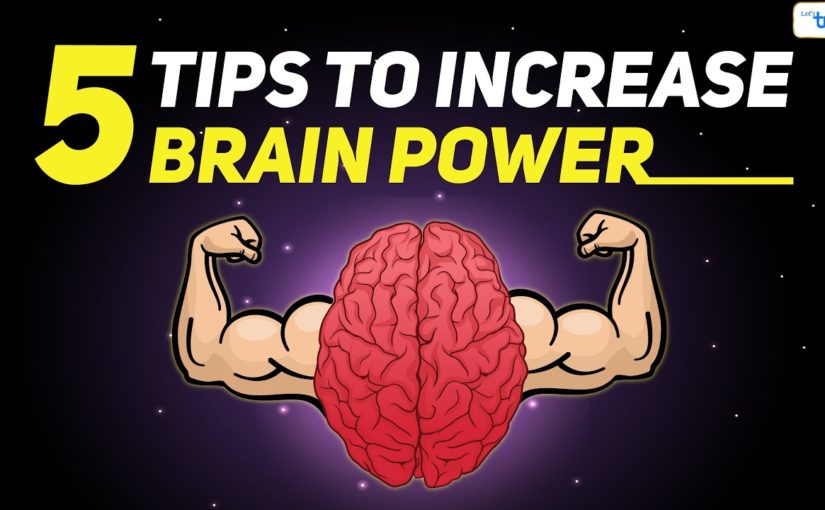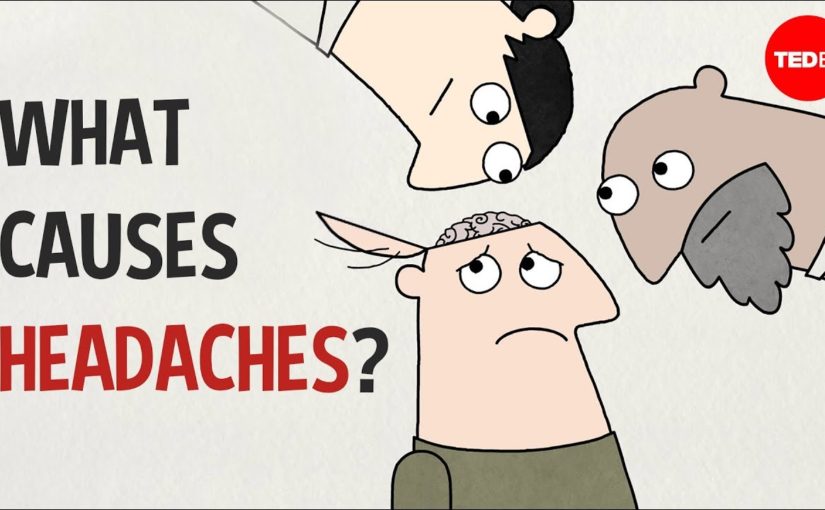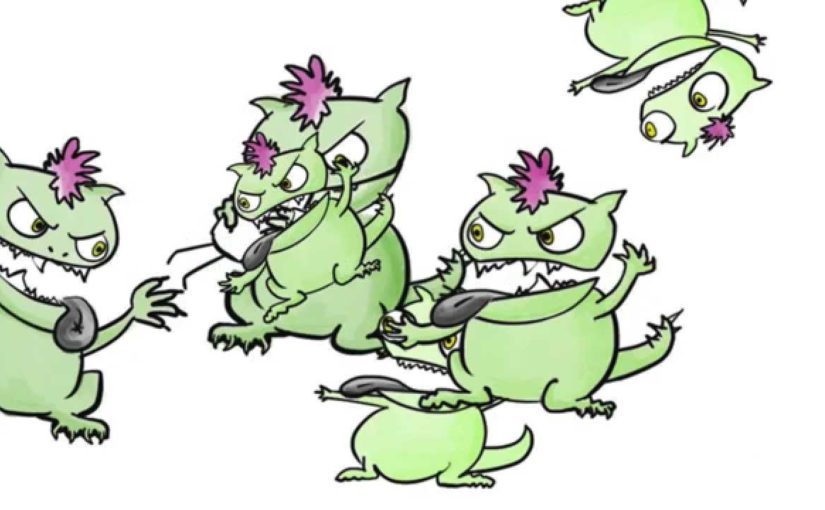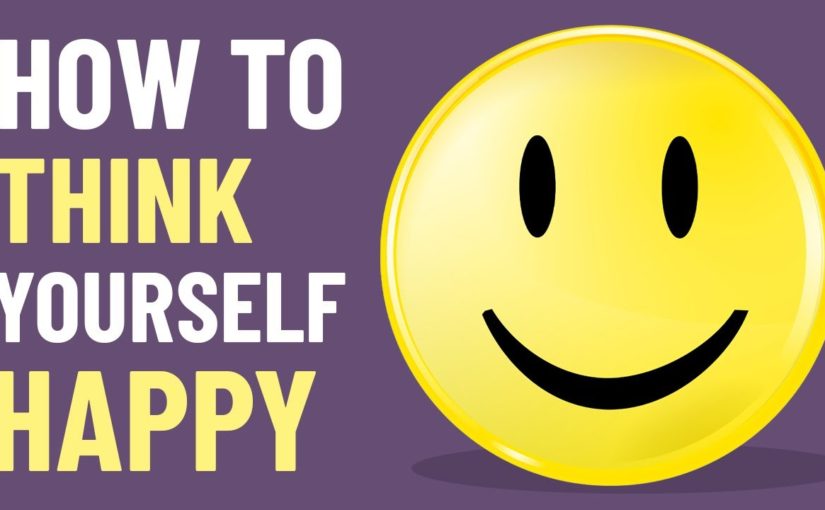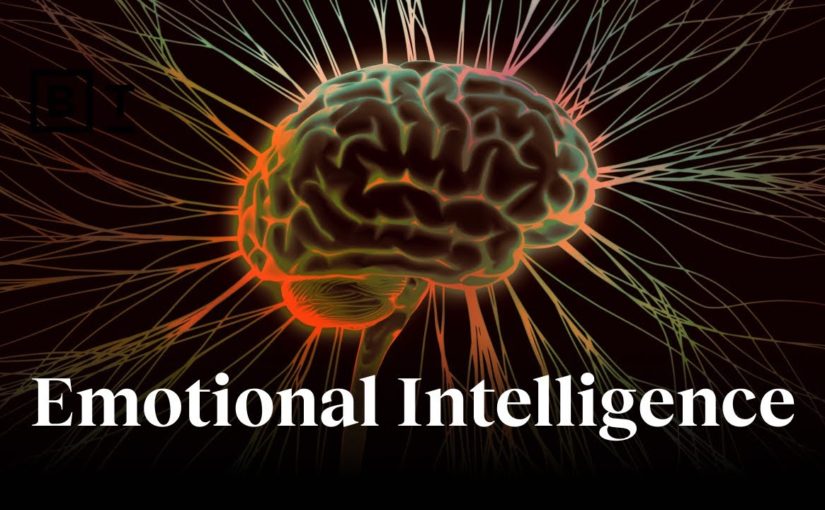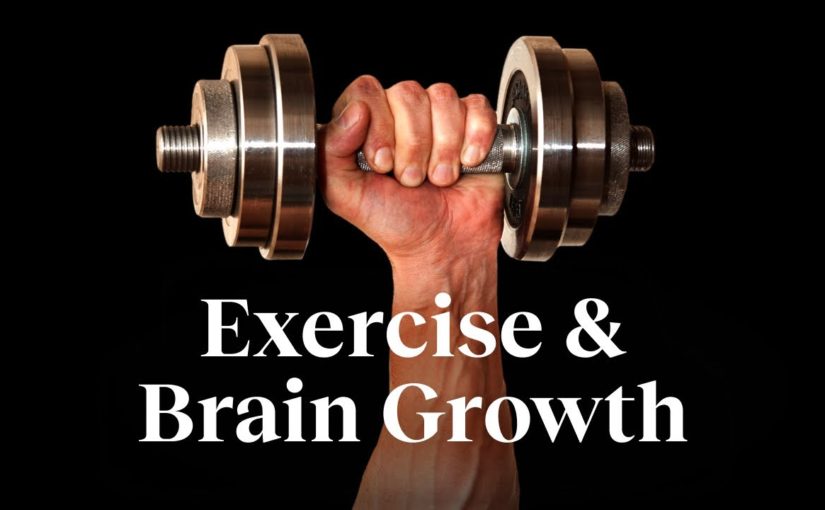https://www.youtube.com/watch?v=HQR1_PKJOE4
Brainy Dose Presents: How to Think Yourself Happy – The Power of Positivity So you want to be happier, but all the self-help books and articles, motivational speakers and life coaches in the world can’t seem to help you.
00:00:15 Well, maybe it’s not them; maybe it’s you.
00:00:19 And while the idea of thinking yourself happy might sound like a tall order, it’s really not as difficult as you may think.
00:00:26 The first step is to acknowledge that your thoughts are powerful and they can make or break your mood.
00:00:32 This means that in order to change anything about yourself, including how happy you are, you need to start with your own mind.
00:00:38 So, if you’re someone who struggles with negative self-talk, pessimism, or worry, then this video is for you.
00:00:46 Here are 8 ways you can think yourself happy! Number 1 – Think Positively It’s important to have a positive outlook on life. But sometimes it can be hard to maintain a positive attitude when you’re going through hard times.
00:01:01 We’ve all experienced those moments where we feel like nothing is going our way and we just want to give up.
00:01:08 But here’s the thing, if you want to think yourself happy, then you’re going to need to learn how to stay positive whenever possible.
00:01:15 That means that even when things aren’t going well, you must find something good in each situation and focus on that, instead of dwelling on what’s wrong. This might seem like an impossible feat at first, but with practice it’ll get easier and easier until eventually it becomes second nature. Number 2 – Think Optimistically Optimism is not about pretending that everything is rosy and good.
00:01:41 It’s actually the belief that things will get better and that good things will happen. It’s about seeing the glass half full instead of half empty. Optimism is really just a choice you make.
00:01:53 When you decide to think optimistically, you’re choosing to focus on what’s working instead of what isn’t.
00:01:59 You’re choosing to be grateful instead of bitter or resentful. You’re choosing hope instead of despair.
00:02:05 And those choices add up! Number 3 – Think Creatively When you’re feeling down, it can be hard to imagine that there’s another way of looking at things, especially when you feel like nothing is going right. But if you force yourself to come up with new ways of thinking about your situation, you’ll find that it can help you feel a whole lot better.
00:02:26 If there’s something in your life that makes you unhappy, a job, a relationship, whatever it may be, don’t turn it into a resentment against yourself or anyone else. Instead, try thinking about how you can make it work for everyone involved.
00:02:40 When you think creatively, you’re not just thinking of new or different ideas. You’re also re-imagining the way that you approach your problems.
00:02:49 And when you see things in new ways, you also find solutions that weren’t apparent before. Number 4 – Think Purposefully Thinking purposefully is not about being in denial or trying to ignore your thoughts, but rather about being mindful of the way you think.
00:03:06 It’s about learning how to think in a way that helps you make better decisions and feel happier.
00:03:11 When you’re feeling sad, anxious, or lost, it’s very easy to slip into a downward spiral of negative thoughts.
00:03:18 But if you start thinking about what will make you feel good, and then figure out how to get there, you’ll find yourself moving in the right direction and feeling much better as a result! Number 5 – Think Elevating Thoughts This is a process where you think about the things in your life that fill you with warmth, joy, and gratitude as opposed to thinking about things that make you fearful, angry, jealous, or sad.
00:03:44 For example, think about your best friend, and why they’re so great to be around. Think about the time when someone was kind to you and helped you out when no one else would.
00:03:54 Think about all the ways in which the world is beautiful and amazing! When you focus on these positive aspects of your life, you feel better not only because you’re appreciating all the good that you have, but also because you’re training your brain to look for these things instead of automatically looking for problems and challenges.
00:04:11 And when you do that long enough, your brain starts seeing more of those positive things too! Number 6 – Think Funny When you’re having a bad day, giving yourself the chance to laugh is a simple way to turn your mood around, and it doesn’t take much effort.
00:04:28 You don’t have to go out and do a stand-up comedy routine or anything like that; just try to see the lighter side of things.
00:04:34 Instead of letting yourself get stuck in a negative cycle, try to think about what could be funny about the situation.
00:04:41 Even if it takes some time for you to see the humor in something, remembering that we all have bad days will help you keep perspective. Number 7 – Think Long-Term The urge to get what we want or need right now is hard to ignore. It’s one of the most basic human instincts, and it can be a powerful motivator.
00:05:01 But it’s important to consider how this need for instant gratification affects your long-term happiness.
00:05:07 For example, if you buy something on credit and don’t pay it off right away, then you’ll have to make monthly payments (with interest) for months or even years, and that can get expensive.
00:05:18 It will likely put a damper on your mood as well.
00:05:21 So always think about how your actions today will affect your life in the long run.
00:05:25 What can you do today that will make sure you’re on track for a better tomorrow? It’s not always easy, but if we all just took the time to consider this question before acting on our impulses, we could all be much happier. Number 8 – Think Possibility and Opportunity As Henry Ford famously said, whether you think you can, or you think you can’t, you’re right. This isn’t just a thought, it’s a fact.
00:05:53 Studies show that the more you focus on your failures and problems, the more they seem to get worse! But when you start to see them as opportunities for growth and improvement, they become much easier to manage.
00:06:04 There are virtually no limits to what you can do or how much success you can achieve once you start thinking about the possibilities in life instead of focusing on the problems and hurdles. There you have it! Happiness is something that can be cultivated and nurtured through the practice of positivity.
00:06:21 You can’t just expect your brain to change its tune and think happy thoughts on its own. If you want to be happy, you have to consciously choose to be. Essentially, happiness is a state of mind.
00:06:33 Therefore, thinking yourself happy is all about choosing a good mindset, which means you have the power to change your own life by changing how you view it! If you enjoyed this video, give it a thumbs-up, and share it with your friends, so we can keep making them.
00:06:49 For more videos like this, hit the subscribe button, and remember to click on the notification bell.
00:06:55 Also, be sure to check out our other videos as well.
00:06:58 Thanks for watching!
